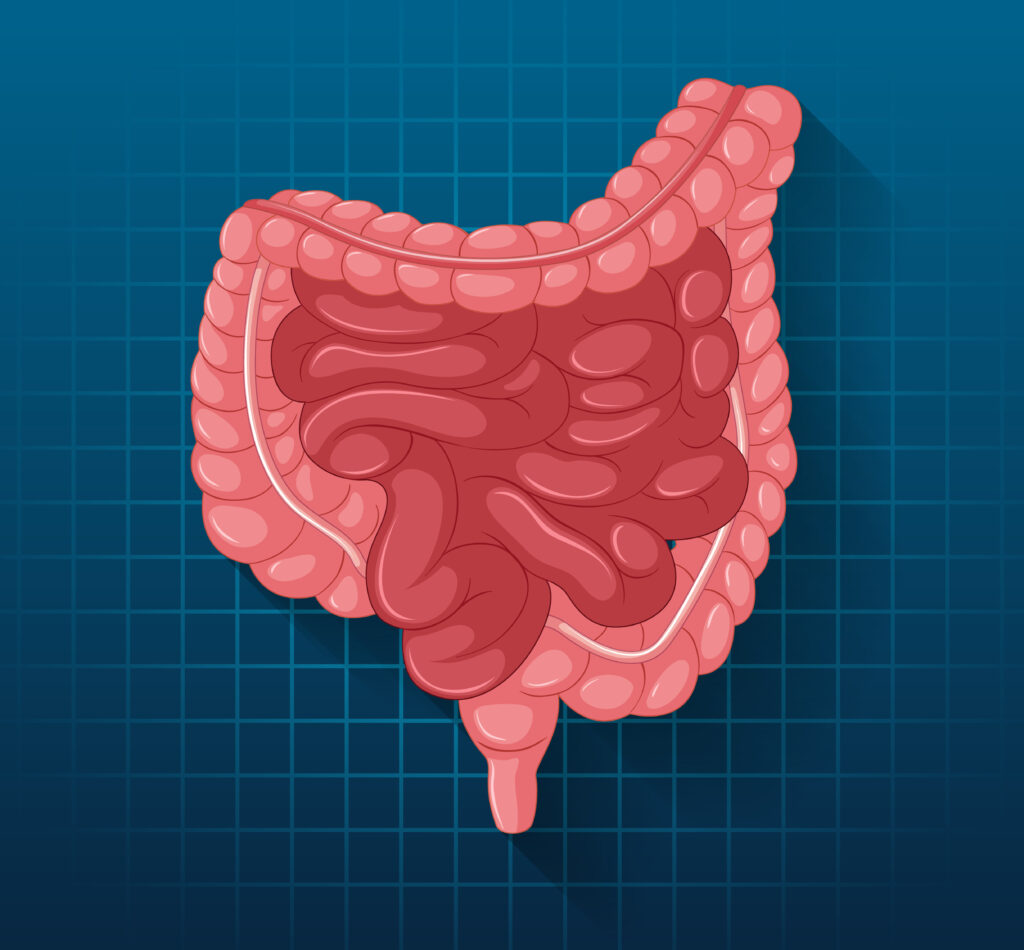Mumbai has surpassed last year’s number of gastroenteritis cases with 6,677 reported cases so far in 2023. The civic health department has advised against consuming street food to prevent the disease, which is primarily attributed to unhygienic food and water supply. Doctors have also seen a rise in leptospirosis cases and attribute the increase to Covid-19 lockdown restrictions being lifted, leading to more outdoor activities and negligence towards hygienic practices. The BMC has issued an advisory cautioning citizens to avoid wading in stagnant rainwaters to prevent leptospirosis.
Mumbai: Only halfway through 2023, and with the monsoon in the city yet to officially arrive, Mumbai has surpassed the number of gastroenteritis cases compared to last year.
Data received from Brihanmumbai Municipal Corporation (BMC) showed the city saw 5,539 and 3,110 cases respectively in 2022 and 2021. However, this year till June 11, the civic hospitals have already reported 6,677 cases.
In an advisory issued by the BMC, the health department has cautioned the citizens against consuming street food to prevent gastroenteritis.
“We are seeing a rise in waterborne diseases-gastroenteritis, hepatitis, typhoid cases. As a precautionary measure, we advise against consuming street food and washing hands or sanitising hands before eating,” said Dr Mangala Gomare, executive health officer, BMC.
Private hospitals, too, have reported a rise in gastroenteritis cases. Dr Chetan Kalal, program director — hepatology & transplant medicine, Nanavati Max Super Speciality Hospital- Vile Parle said, their hospital has seen a 25% rise in gastroenteritis cases in the outpatient department.
“As the BMC data suggests, we have also observed a notable increase in gastroenterology cases, primarily attributed to the unhygienic supply of water and food. A probable cause for this year’s sudden surge, in contrast to the post-pandemic years of 2021 and 2022, might be the increase in people resuming outdoor activities and negligence towards hygienic practices, thereby leading to increased unhygienic practices,” he said.
Dr Kalal added that most of the gastroenteritis cases are either just viral gastroenteritis or Hepatitis A and E or typhoid fever. “Even simple flu or culture illness also causes gastroenteritis in many cases,” he said.
Doctors said standard symptoms manifest as vague abdominal pain, nausea, vomiting, and loose stools.
Dr Neeraj Tulara, infectious disease specialist at Dr L H Hiranandani Hospital, Powai said the sudden rise in gastroenteritis cases can be attributed to Covid-19 lockdown restrictions being lifted.
“Till last year, owing to Covid-19 restrictions, people were not eating outside, and we were not travelling during summer holidays. This year, we are back to the pre-Covid era where people are out, travelling and eating outside food. Many are landing up with gastroenteritis. Also due to scorching heat, food gets spoiled faster and is likely to cause infection if consumed,” he said.
According to doctors, most of the patients are recovering in three to five days but there are a few requiring hospitalisation because of severe dehydration.
Like gastroenteritis cases, the number of leptospirosis cases has surpassed the 2022 and 2021 numbers. While in 2022 and 2021, BMC data said there were 286 and 224 cases, in 2023 the BMC said 370 cases were reported.Seeing the rise in leptospirosis cases, the BMC has issued an advisory saying one should avoid wading in stagnant rain waters and if exposed, should consult a doctor and take prophylactic treatment.


